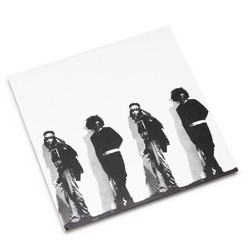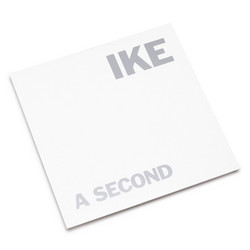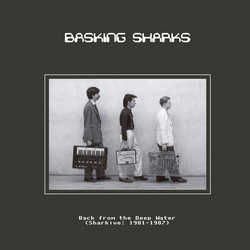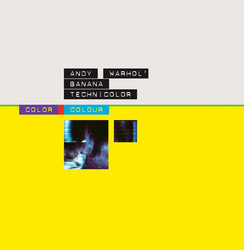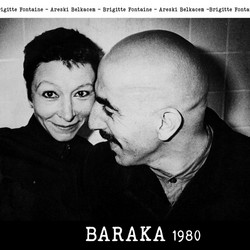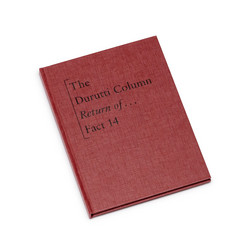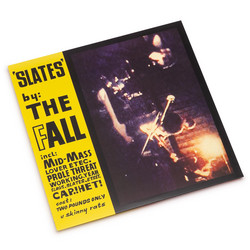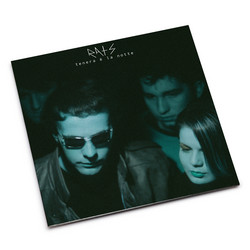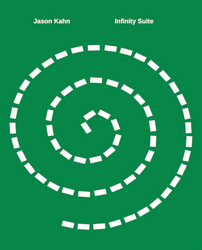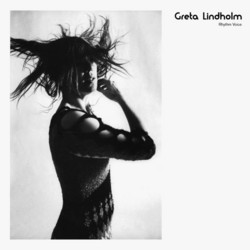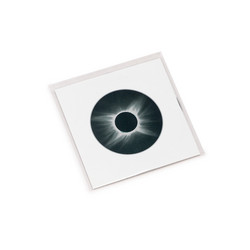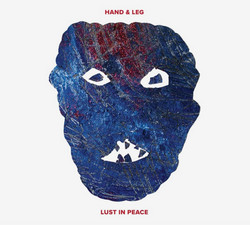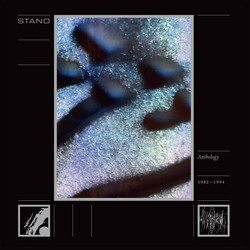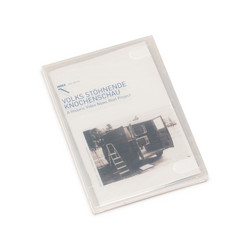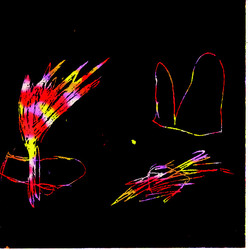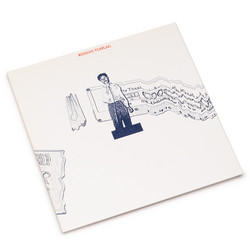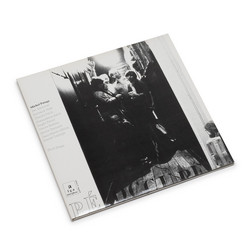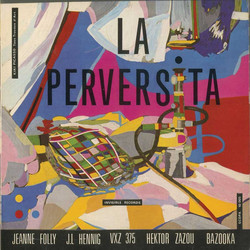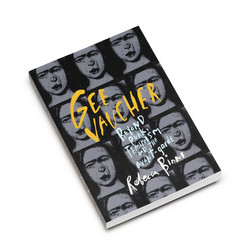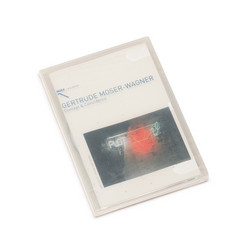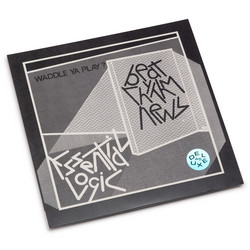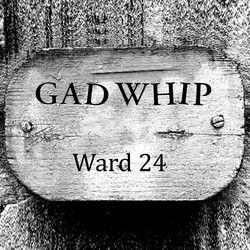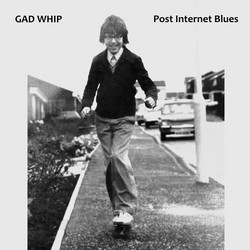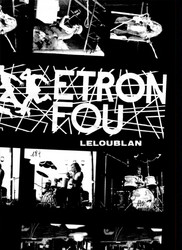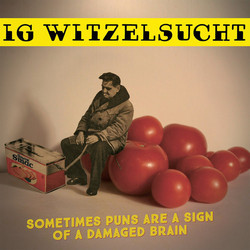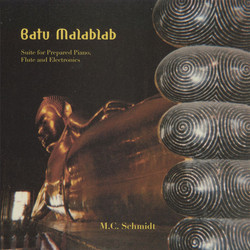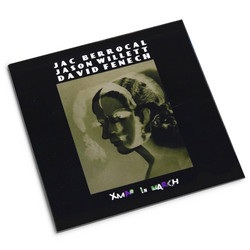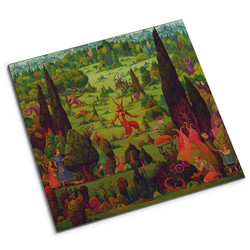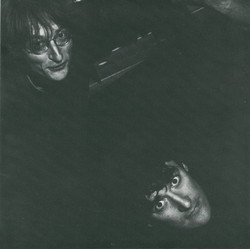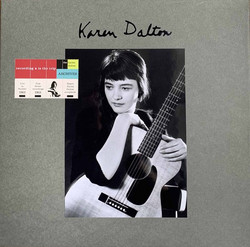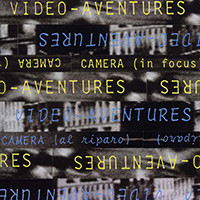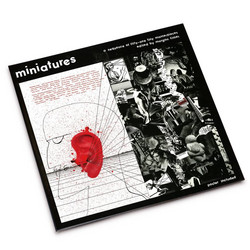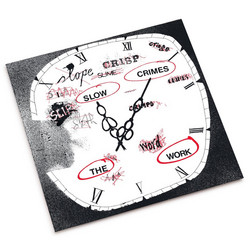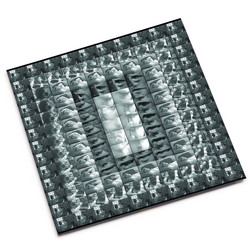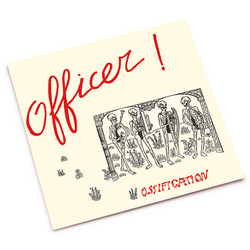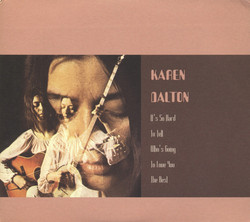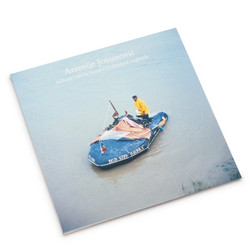Guigou Chenevier, Sophie JausserandFeaturing: Etron Fou Leloublan
A l'Abri Des Micro-Climats (LP)
300 copies. Etron Fou Leloublan were best known as one of the five original Rock in Opposition bands that performed at the first RIO festival in London in March 1978. Their music—a blend of punk rock, jazz, French music hall, comedy satire and "avant-garde mayhem"—established them as one of the most singular voices in European experimental rock. At the center of this controlled chaos sat Guigou Chenevier, whose drumming cut through conventional rhythmic logic with driven, metronomic precision.
In 1984, a year before Etron Fou Leloublan recorded their final album Face Aux Éléments Déchaînés, Chenevier released À l'Abri des Micro-Climats (In the Shelter of Microclimates) on RecRec Music. The album represents a significant departure from the theatrical aggression of his primary band, revealing instead a collaborative project with his wife Sophie Jausserand that explores more intimate, conceptual territory. À l'Abri des Micro-Climats functions as a concept album built from non-conventional songs where the boundaries between composition, poetry, and performance dissolve. Sophie wrote a substantial portion of the lyrics and sings on several tracks, including a duet with Guigou on "La Maladie des Fourmis." She also created the album's distinctive visual design featuring a whale. The couple incorporated two poems by Sophie's father, Michel Jausserand, for "Vive l'Anarchie" and "Ecartelage," making the project a genuinely familial affair.
The album interprets rock-in-opposition from a more populist perspective. Where Etron Fou Leloublan thrived on confrontation and density, À l'Abri des Micro-Climats operates through a different logic. "Ecartelage" functions as disjointed funk with free-jazz soloing, while "Femmes D'Interieur" transforms kitsch modern chanson into a jazz-ethnic hybrid. The noir-themed "Sans Bouger De Mon Fauteuil" contrasts with the avant-jazz recitation "Vive L'Anarchie," which rests on a framework of ethnic drones.
Chenevier assembled a small ensemble of collaborators from the French experimental music community. Guy Sapin contributes guitar—he and Chenevier would play together for years in groups like Encore Plus Grande, Octavo, and Barbarie Légère. Dominique Grimaud (of Vidéo-Aventures) provides synthesizer, and Christiane Cohade (from Les I and the female quartet Virgule IV) handles bass. Chenevier himself plays alto, tenor, and baritone saxophones, clarinet, piano, percussion, and flute, while also singing.
The jazzy swing "Sans Parole" highlights an elaborate structure made of multiple brass lines weaving in and out of each other, demonstrating Chenevier's ability to work with compositional complexity outside the context of Etron Fou Leloublan's organized chaos. What emerges across these tracks is a sensibility that values absurdity and structural rigor equally—songs that function as miniature theatrical events, each inhabiting its own microclimate of mood and methodology.
Originally released in a small pressing on RecRec Music, À l'Abri des Micro-Climats has remained largely unavailable for decades. This reissue, limited to 300 copies, brings back a lost document from the French Rock in Opposition movement—a record that reveals the range possible within that aesthetic, and a reminder that even the most confrontational musical communities contained multitudes.
